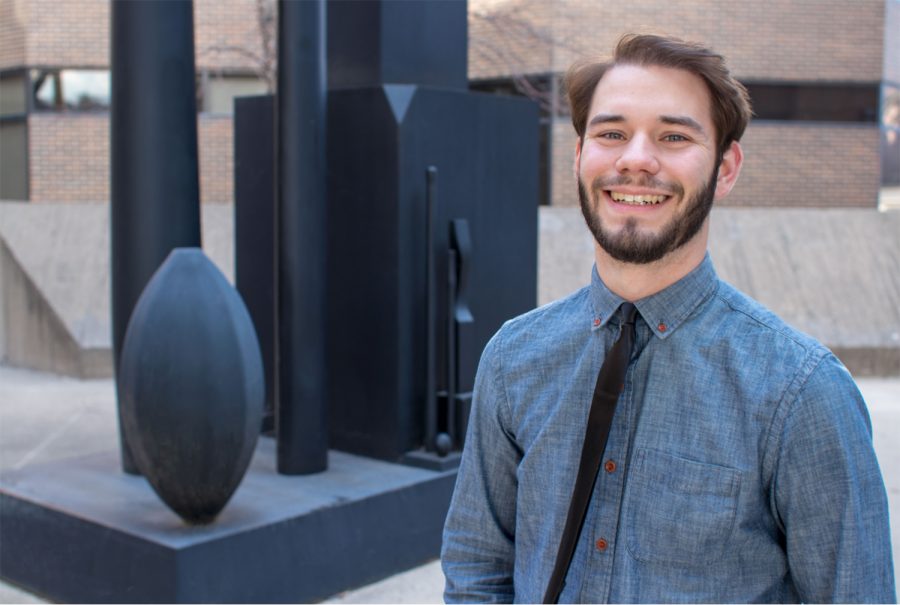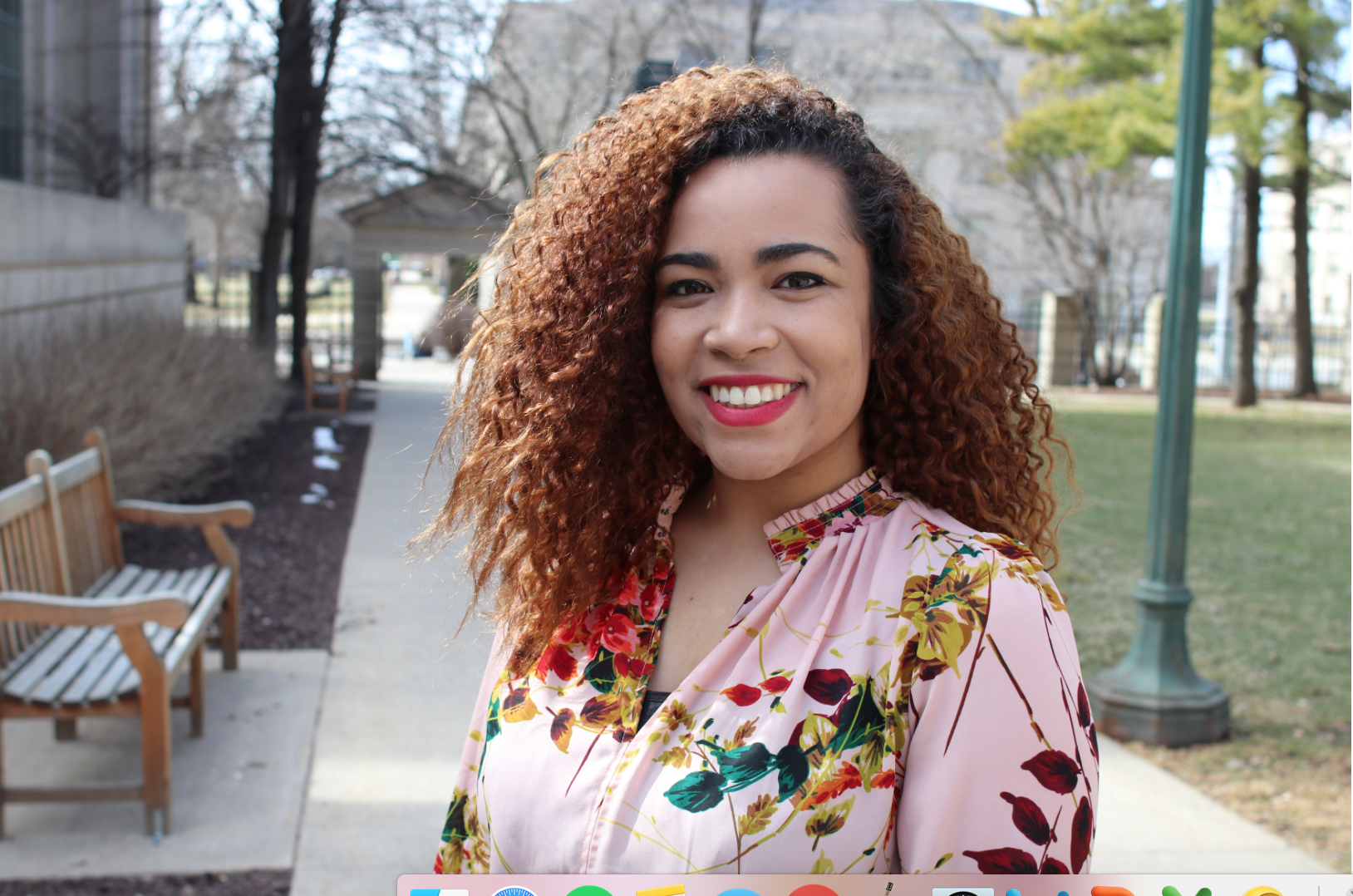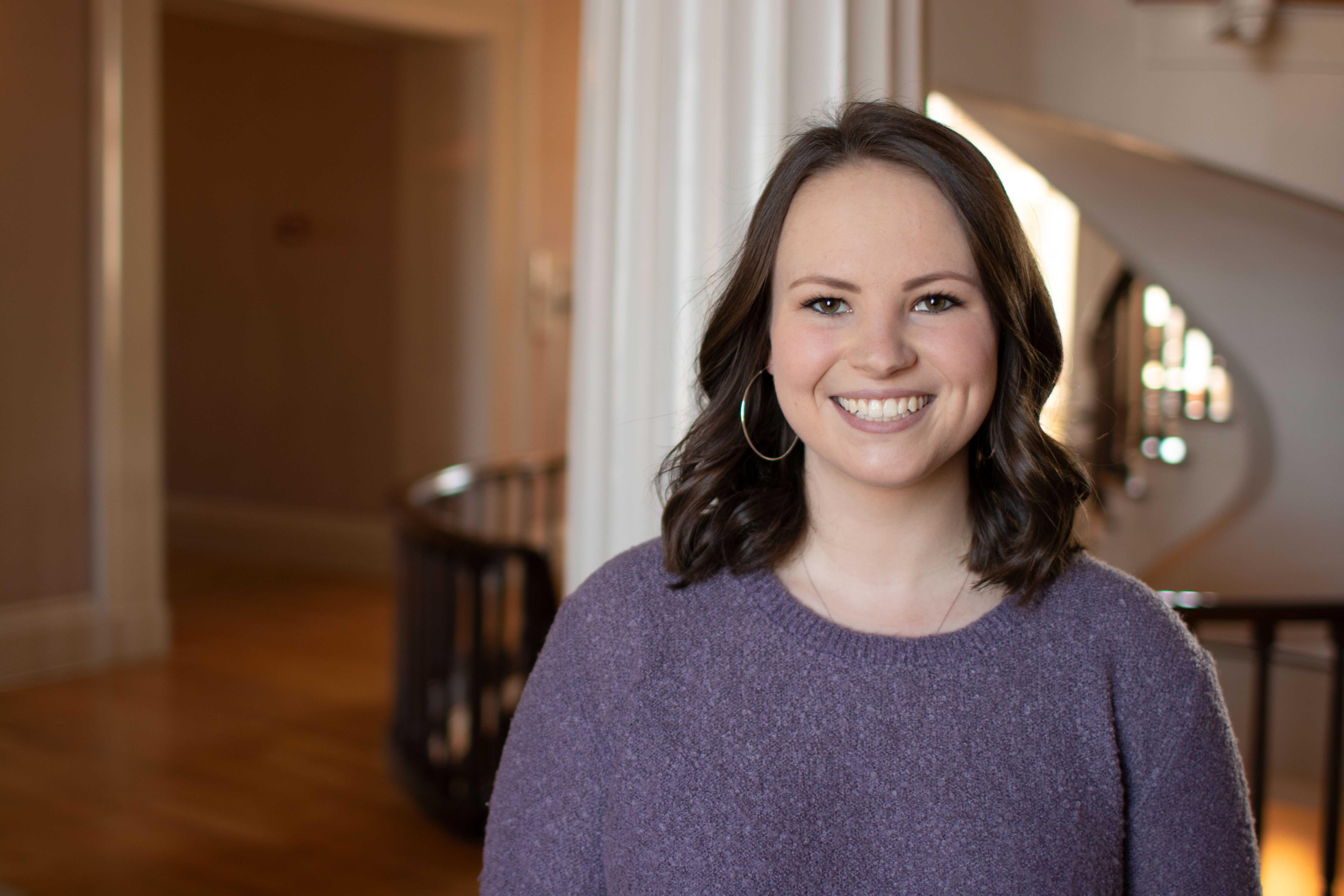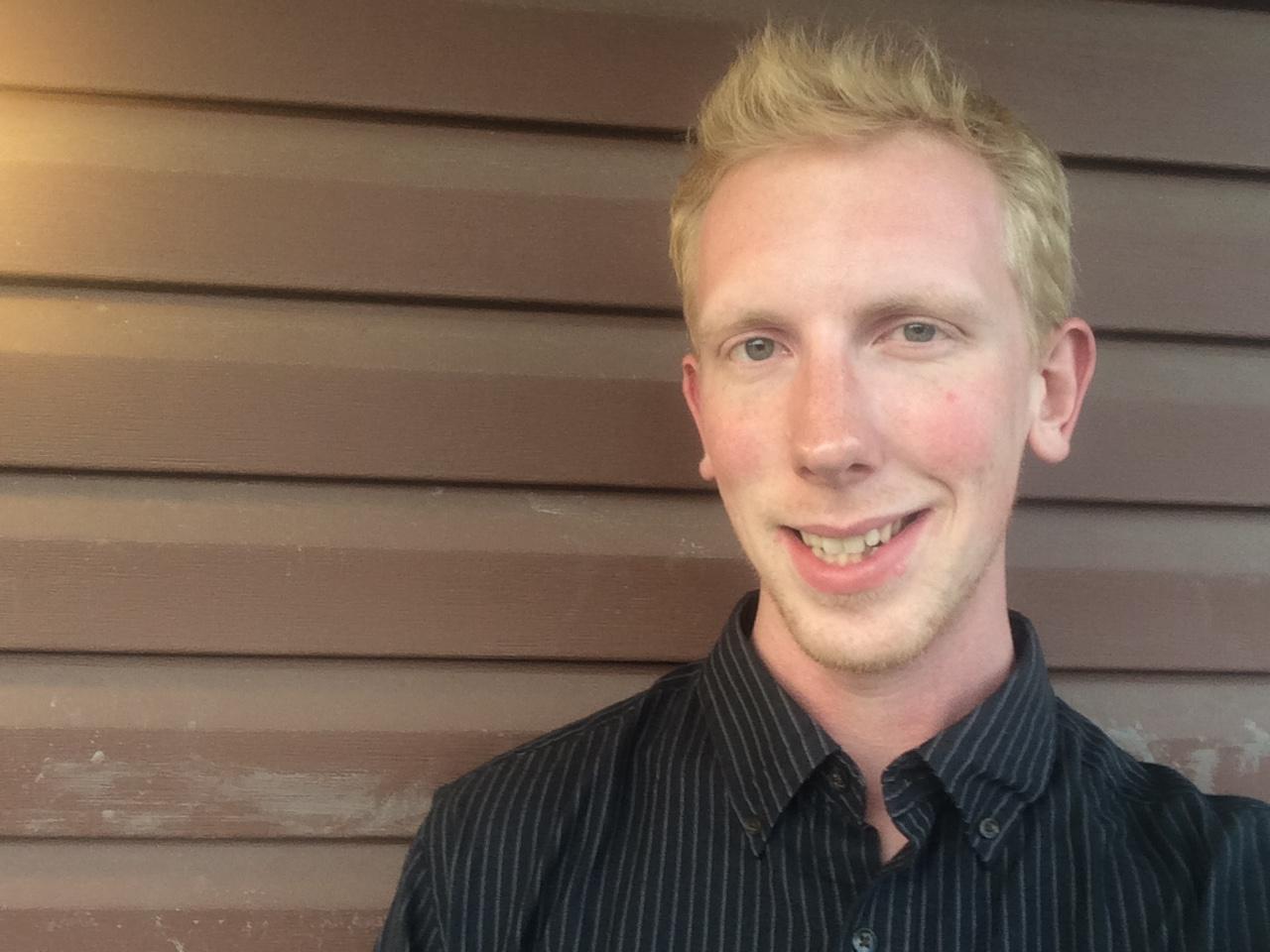UI Fulbright scholar teaches and experiences different culture
Chris Orabutt traveled to South Korea two months ago to teach middle school English as part of the Fulbright program.
September 4, 2018
Miles from the coast of mainland South Korea on the picturesque volcanic island of Jeju, a former Universityof Iowa student is using his passion for education to teach English to middle-school children.
Chris Orabutt traveled to South Korea two months ago, leaving behind family and friends to further his ambition of becoming a quality educator. He will remain in South Korea for 10 more months, with his stay sponsored by the Fulbright program (run and funded by the U.S. State Department).
The Fulbright program sends students from institutions across the U.S. to foreign countries every year to participate in such activities as education, research, and the arts. The program was founded as a post-World War II effort to increase cultural understanding and diplomatic relations. The UI is a big player in the program, sending 17 scholars abroad for this session.
“For the past three years, the University of Iowa has been in a prestigious group of institutions,” said Associate Director of International Fellowships Karen Wachsmuth. “We are a top producer for the Fulbright program as a research, master’s, and Ph.D. institution. This year is a milestone; we are now tied for 15th place with Columbia and Stanford.”
When Orabutt first heard about the Fulbright program, he was interested but thought he needed a degree before he could pursue it. It wasn’t until he was nominated by one of his professors that he began the application process and was eventually accepted.
One of the first steps Fulbright scholars take is choosing a destination for their studies. Orabutt met with UI Library International and Area Studies team leader Brett Cloyd to discuss his choices.
“He had an interest in South Korea when we first talked,” Cloyd said. “Often, they get referred to me by Karen. We talked about Fulbright and what the library had to offer, research materials, scholarly articles, [and] books on English teaching in foreign countries.”
Orabutt eventually did end up traveling to South Korea. He lives with a host family, consisting of two parents and two children and says living with them is one of the most interesting parts of the experience.
“I have loved it so far,” Orabutt said. “The language barrier provides a lot of fun bonding experiences. It’s like a game of charades, communicating through body language. It’s definitely challenging, however. Living with another family is always challenging.”
During his free time, Orabutt has explored the island, from its national parks to its coffee shops and music venues. This past weekend, he attended a music festival mimicking Woodstock.
When Orabutt isn’t spending time with his host family or traveling the island, he works as an English teacher at a local middle school. He rotates between teaching one of six classes every week, in which students forgo their traditional class style for whatever Orabutt has in store for them. He has been doing this for two weeks, following a six-week training period.
“Teaching has been different from [what] I’m used to,” Orabutt said. “I taught history in the U.S., where it was more textbook-based. Now, I get to have fun. We play English-based games, and the kids get a chance to have fun as well.”






